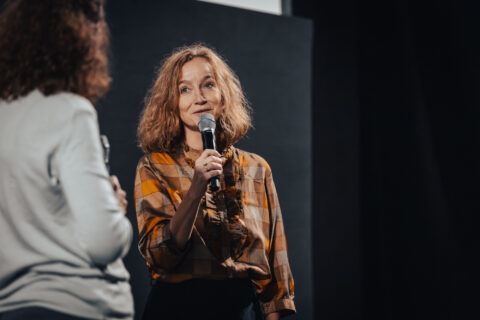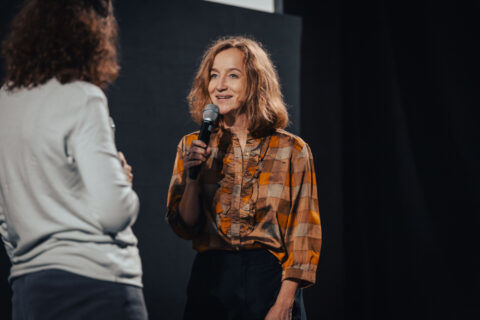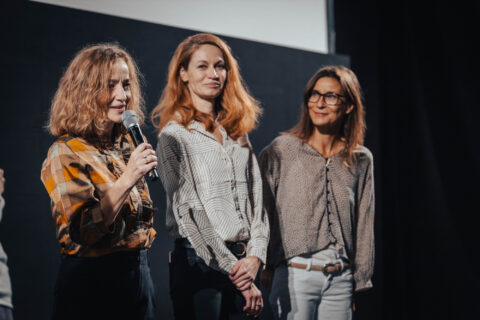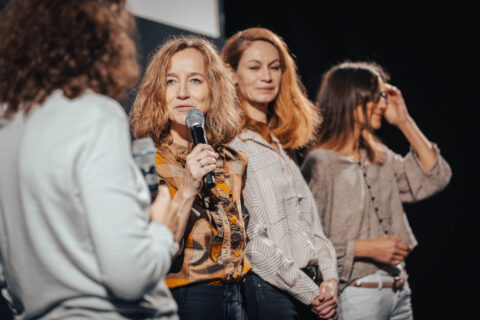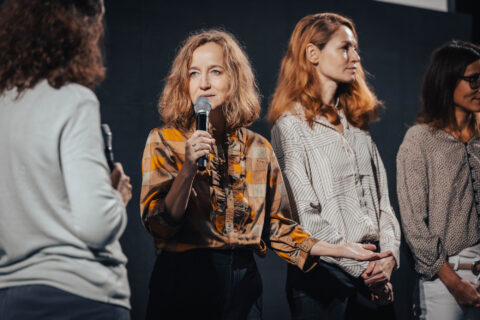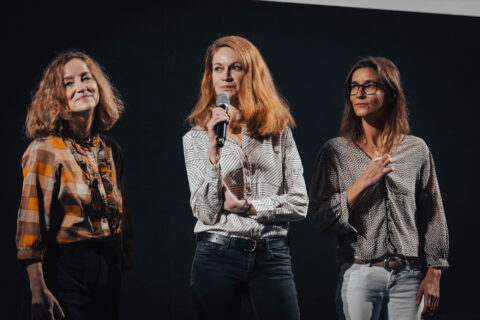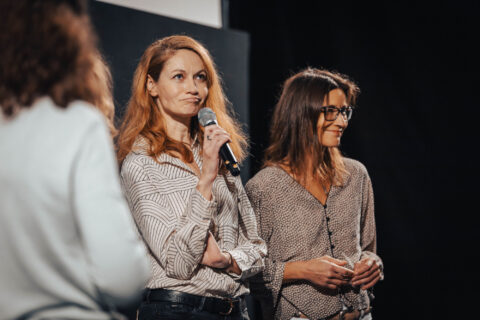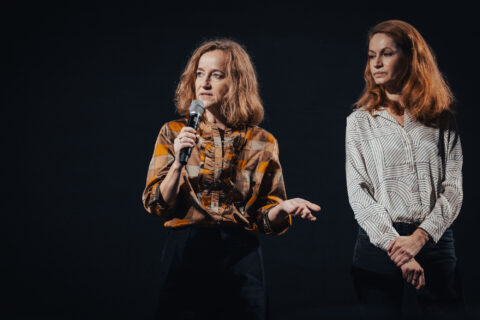Wise Women
Midwives usually attend more than a thousand births in their lifetime, be it in hospitals, at birth centers, or in homes. The personal stories of midwives from Ethiopia to Brazil, Austria to Nepal, and Morocco become a mirror that reflects the political and economic situation of women, their status, and demands in society, from the perspective of these wise women who are the first to see us in this world.
Cast
- Genet Gebru
- Genet Gebru
- Hajja" Aïcha El Fathi
- Hajja" Aïcha El Fathi
- Kanchan Mala Shrestha
- Kanchan Mala Shrestha
- Gunda Gutscher
- Gunda Gutscher
- Sheila Santos
- Sheila Santos
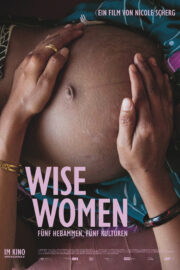
Wise Women
Nicole Scherg
- Documentary
- Production Country / Year
- Austria 2025
- Language
- am., pt., ne., dt., ar., tmh., qan. OF m. engl. UT
- Format
- DCP, Color, 88min
1.85:1, Discrete 5.1
Nominated for:
Granit – Hofer Dokumentarfilmpreis
Director & Crew
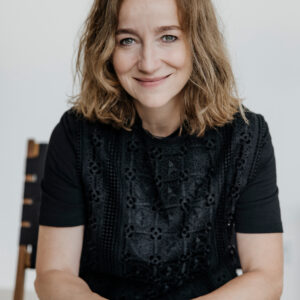
Nicole Scherg
Born in 1976 in Würzburg. Studied Documentary Film at the ZeLIG School for Documentary, Television and New Media in Bolzano/Italy. Active as a director and screenwriter
Filmography
| 2004 | Großeltern | Kurzdokumentarfilm | |
| 2016 | Das Leben ist keine Generalprobe | Dokumentarfilm | |
| 2017 | Die Zukunft ist besser als ihr Ruf | Dokumentarfilm Co-Regie |
|
| 2025 | Wise women | Dokumentarfilm | 2025 |
“Birth is the most everyday state of emergency in the world. A borderline experience, a force of nature, for those giving birth, those being born – and those who accompany them in the process.
Midwives occupy a unique perspective in this process. They accompany the most elemental transition of life and experience it thousands of times – and yet every birth, every life is unique. In this space between trust and uncertainty, between intimacy and professionalism, between life and death, they become silent witnesses, active shapers, and often hidden heroes.
With WISE WOMEN, I put five midwives from different cultures around the world at the center of the film and tell their stories. They represent one of humanity’s oldest professions; they are the original feminists, if you will, who have always provided solidarity-based women’s assistance – deeply connected to the cycle of life.
How is it then that this profession – around the globe – is being pushed out from the center of society? How can birth be connected with medical progress – without losing sight of the needs of women, families, and life itself?
The stories of the midwives reflect the state of our society – they touch on questions of self-determination, power, and the role of women. It’s about the most human thing we have: life itself.
Again and again, they find themselves in emotional borderline situations where they bear great responsibility, which many also consider their calling.”
- Music Composer
- Coshiva
- Producer
- Michael Kitzberger
- Wolfgang Widerhofer
- Markus Glaser
- Nikolaus Geyrhalter
- Katharina Posch
- Writer
- Nicole Scherg
- Sound Designer
- Lara Zill
- Sound
- Eva Hausberger
- Juliane Vari
- Nora Czamler
- Editor
- Natalie Schwager
- Director of Photography
- Marie-Thérèse Zumtobel
